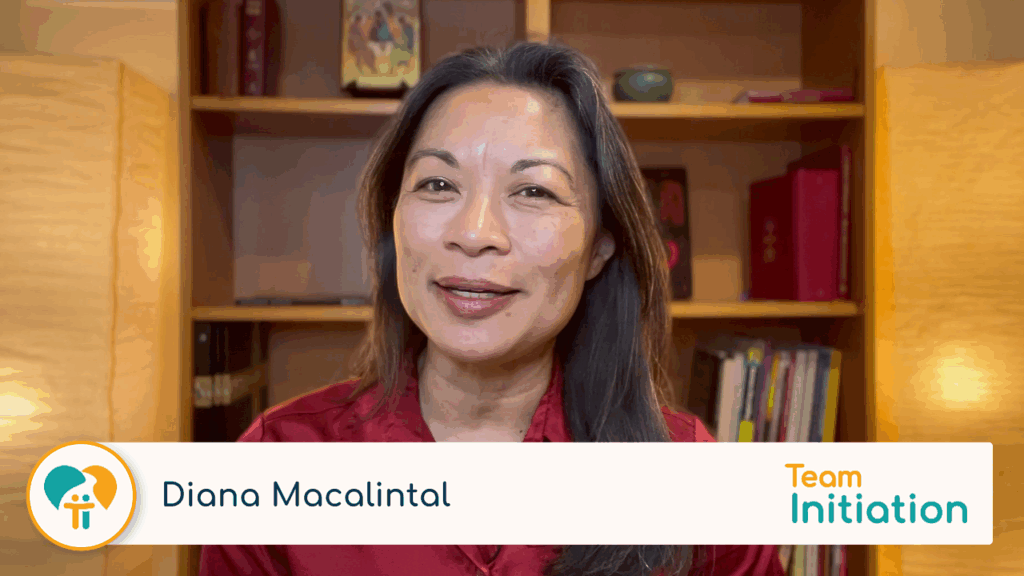One of Pope Francis’s last official acts was to inaugurate a year of jubilee. We are still in that year (2025), which has been designated a Holy Year of Hope. Pope Francis invited all of us to live this year as “Pilgrims of Hope.”
What does it mean to be a pilgrim of hope?
So what does it mean to be a Pilgrim of Hope? I am inspired by Pope Leo XIV, who did not know he would become pope when this year of jubilee started. As I write this, Pope Leo has just concluded a meeting with all the new bishops, which is an event that had been previously scheduled by Pope Francis as part of the jubilee year.
Pope Leo said to the assembly of new bishops before him:
Perhaps some of you are still saying: how come I was chosen? At least, I ask myself this. Service is neither an external characteristic, nor a way of exercising a role. On the contrary, those whom Jesus calls as disciples and proclaimers of the Gospel, in particular the Twelve, are required to have inner freedom, poverty of spirit and readiness to serve, which are born of love, to embody the same choice made by Jesus, who made himself poor in order to enrich us (cf. 2Cor 8:9). To new Bishops and to Bishops of mission countries (11 September 2025)
Companions for those who seek hope today
Now you and I are not bishops, but we are called “as disciples and proclaimers of the Gospel.” And what we proclaim is a gospel of hope. I think of the inquirers in my parish right now; what each and every one of them needs is hope. To be a Pilgrim of Hope, then — especially to the seekers — is to do what Pope Leo asked of the new bishops:
I ask you, therefore, always to keep watch and to walk in humility and prayer, to make yourselves servants of the people to whom the Lord sends you.
Our seekers need more than words about a distant promise. They need companions who walk with them in the present, who notice their pain, and who help them find a path forward.
This understanding of hope is echoed by Jürgen Moltmann, a German Reformed theologian who, as a prisoner of war during World War II, experienced a profound conversion to Jesus Christ. Moltmann came to see that hope is not an abstract idea—it is grounded in God’s concrete, provable promise of liberation and justice. In Jesus’ suffering on the cross, God identifies with our own pain and with the suffering of those we accompany. In their struggle, they are not alone; God is always present.
However, as Pilgrims of Hope, we are not passively waiting for liberation and justice in a distant future. Our hope is an active, performative expectation that God is acting now to heal and transform the world.
This is good news to our seekers. They cannot wait; telling them that their hope will be fulfilled “someday” is not good enough. Keeping watch and walking with them is not merely “tagging along.” We are actively working with them — through the power of the Holy Spirit — to construct the world that is promised to us.
This means our task in the catechumenate is not just to teach doctrines, but to ignite a “creative and militant hope in history” (An Eschatology of Hope). It calls us to recognize the suffering and injustice in the world and to become agents of healing and justice in the world, here and now.
As Pilgrims of Hope, we are not passively waiting for liberation and justice in a distant future. Our hope is an active, performative expectation that God is acting now to heal and transform the world.
Hope is restless, active, creative
Moltmann insists that faith, when it develops into hope:
…causes not rest but unrest, not patience but impatience. It does not calm the unquiet heart, but is itself this unquiet heart in man. Those who hope in Christ can no longer put up with reality as it is, but begin to suffer under it, to contradict it. Peace with God means conflict with the world, for the goad of the promised future stabs inexorably into the flesh of every unfulfilled present” (Theology of Hope: On the Ground and the Implications of a Christian Eschatology, 21).
Changing ourselves and the world
Pilgrimages are not just long walks. A pilgrimage changes the pilgrim as well as the world that the pilgrim walks through. Our seekers can no longer put with reality as it is, and neither can we.
During this year of jubilee, even as we wonder why we were chosen, let us keep watch, walk in humility, and serve our seekers faithfully. Together, let us accompany them—and one another—as we ignite a “creative and militant hope.” Let’s go change the world.
Share your thoughts
How are you called to be a pilgrim of hope this year? Share your hopes, challenges, or stories below—we’d love to hear from you and encourage one another on the journey!
Don’t miss our next online training webinar!

Our next FREE webinar — Prepare sponsors and godparents for a journey of accompaniment — will show you how to change that. Discover how to prepare and nurture sponsors and godparents to fulfill their mission of truly accompanying seekers on the journey of faith and into deeper conversion to Christ.


















